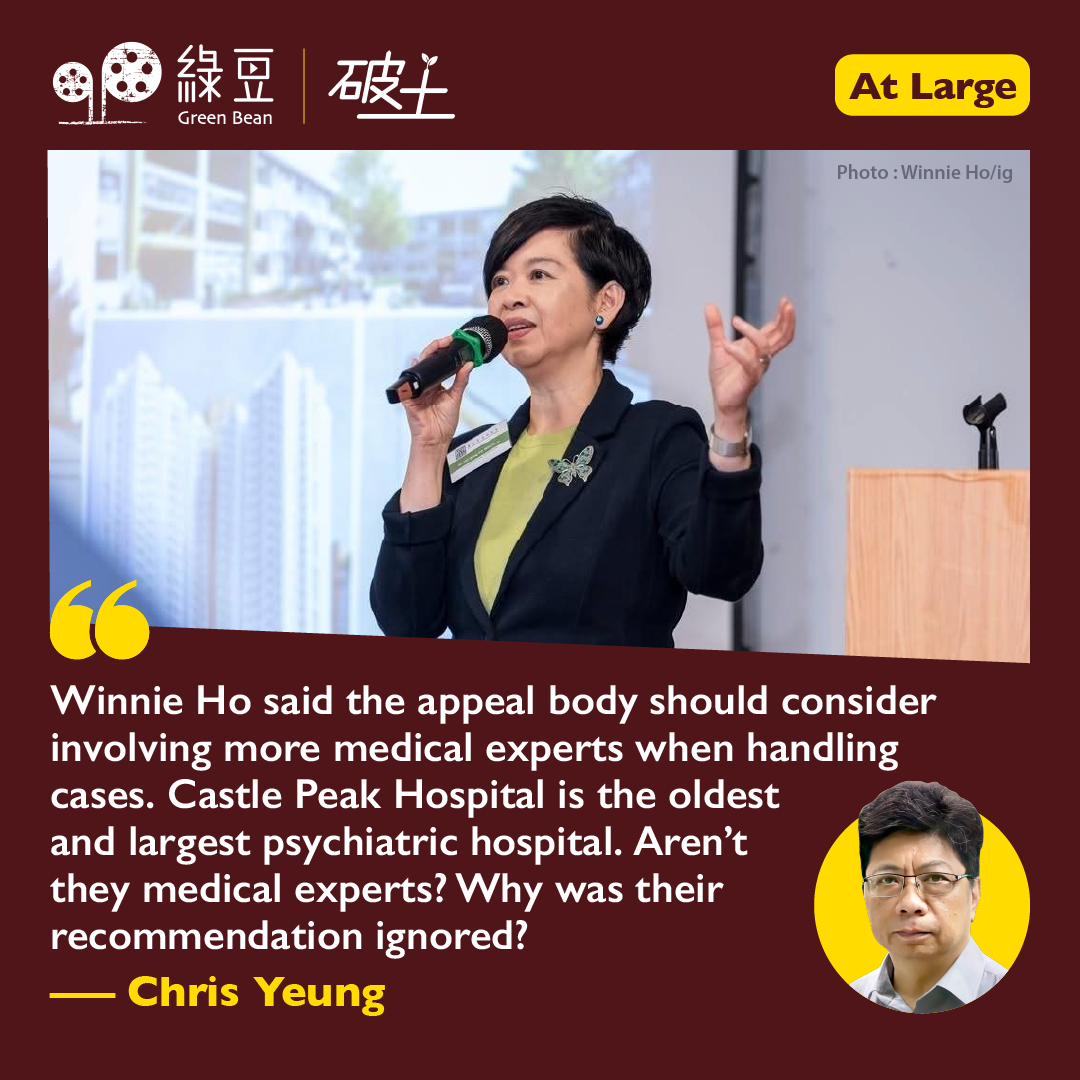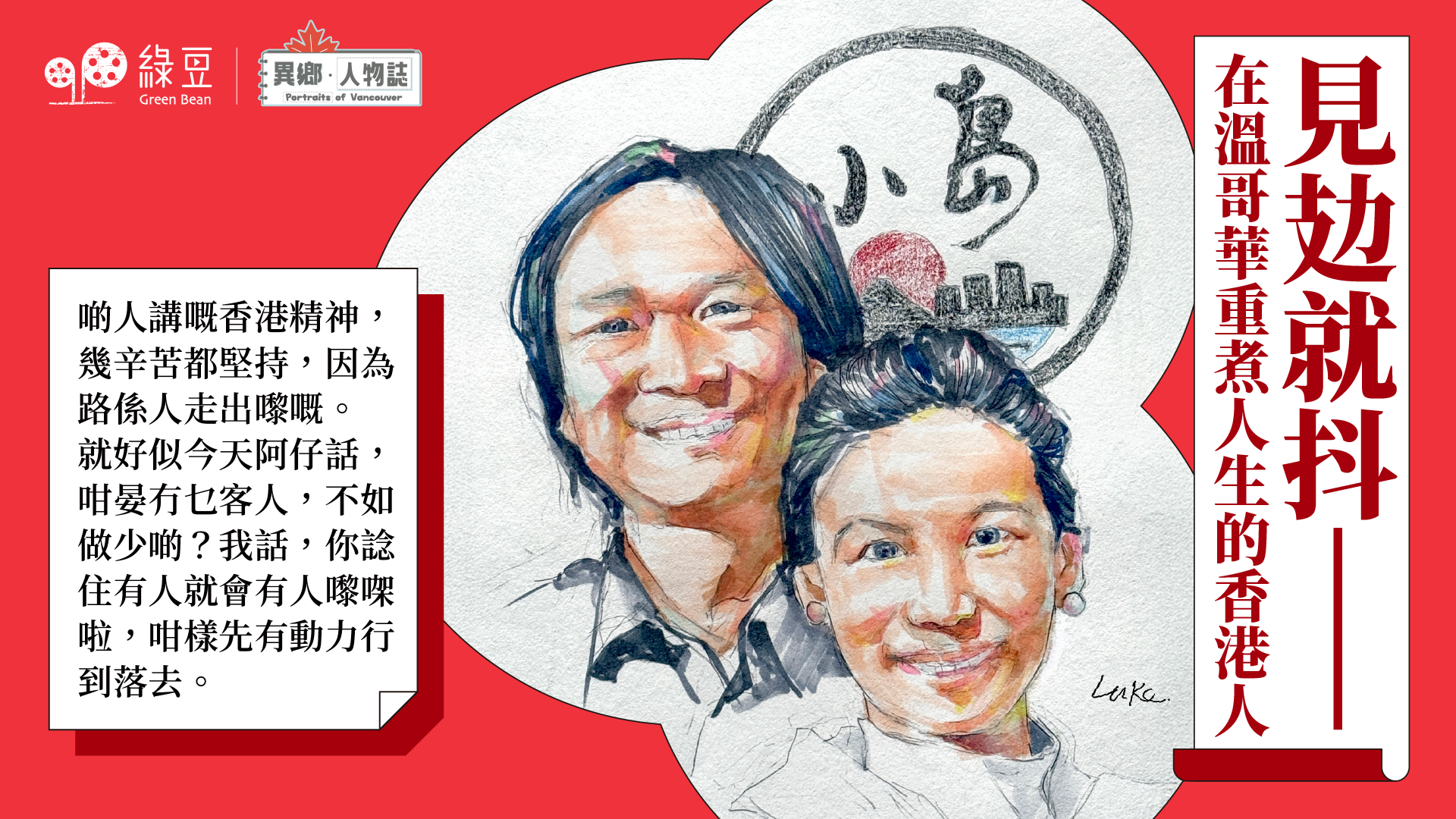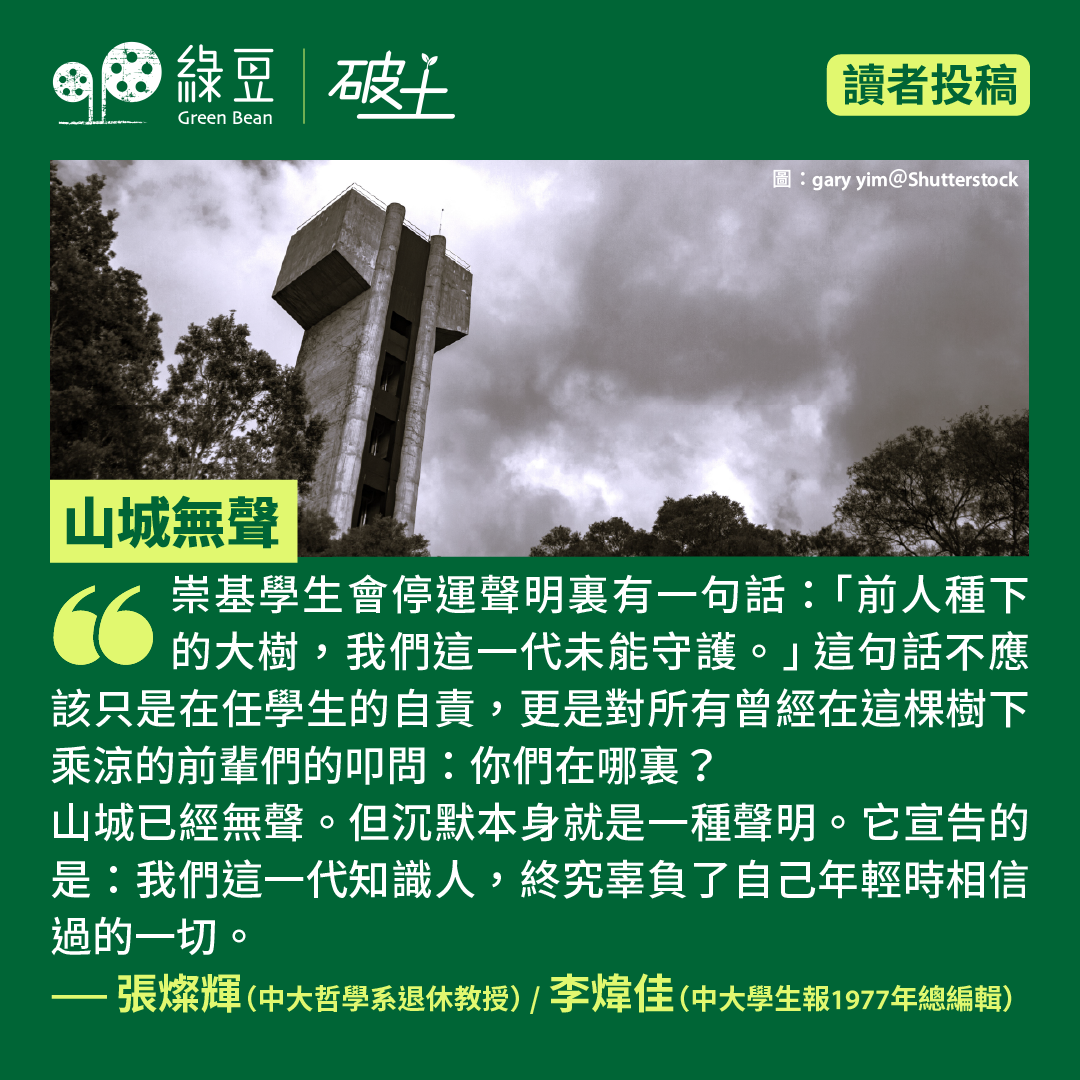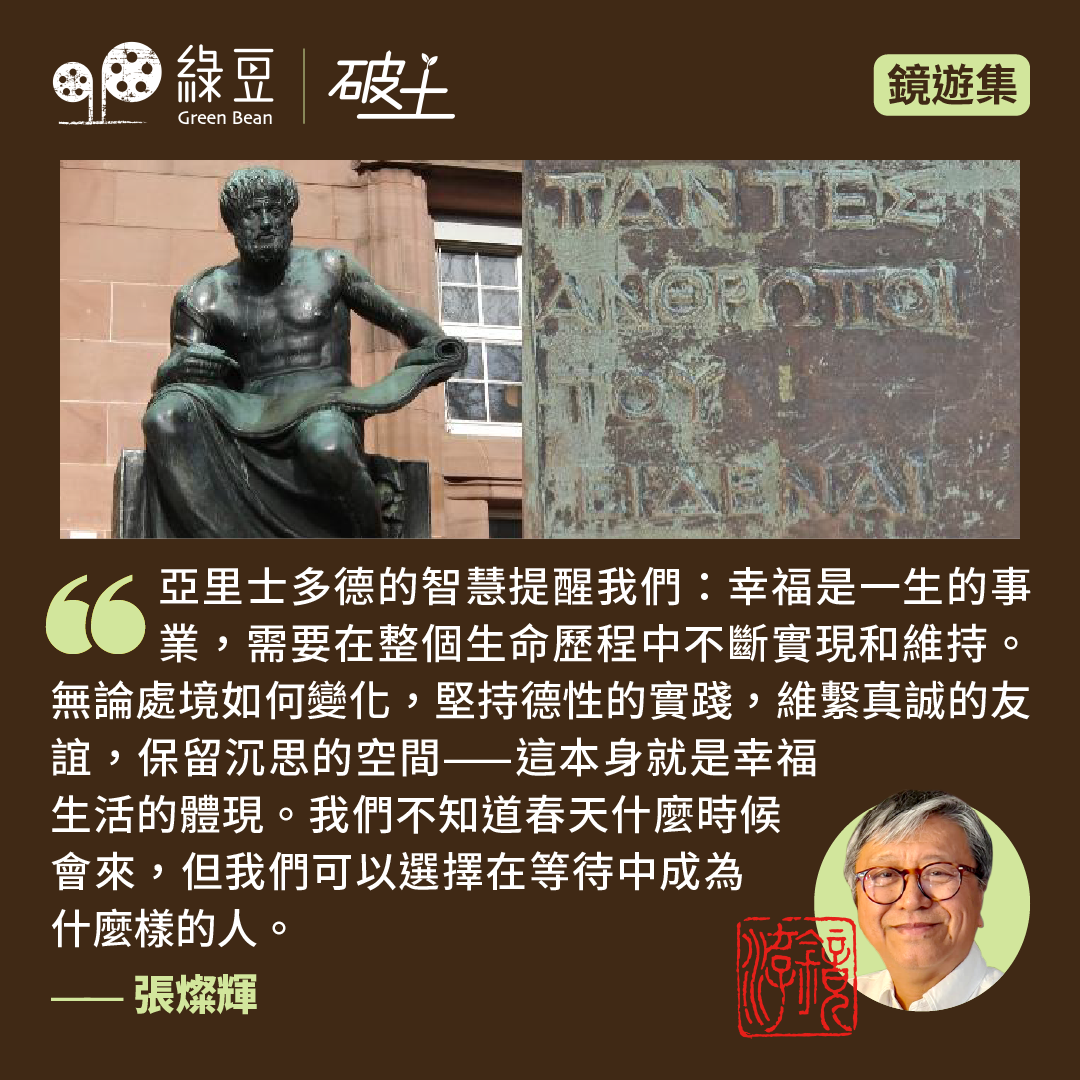Humanity missing in public housing eviction tragedy

Announced in his maiden policy address in 2022, the all-districts care teams formed to enhance community services and improve the well-being of the people, in particular the vulnerable groups, is a signature initiative of Chief Executive John Lee Ka-chiu.
Since then, billions of dollars have been spent on the operation of the 455 care teams in 18 districts. In an interview marking the third anniversary of the Lee administration in June, home affairs minister Alice Mak praised the community care teams for “exceeding expectations.”
The story of a mother and son
Her praise became an embarrassment when the story of a mother and son, both had a long history of mental illness, ending their lives in April and July respectively came to light.
They were said to have suffered more stress after they lost an appeal to continue to live in a public housing unit in Tin Shui Wai, a new town in northwestern New Territories. The Housing Authority ruled they have breached an asset rule for public housing tenancy. Their eviction order met with grilling and criticism in some quarters of the society.
Pouring more salt to the wound – and oil to the fire, housing minister Winnie Ho Wing-yin and a Housing Authority member Wong Pik-yu defended the decision, saying it has struck a balance between the need of being “compassionate and reasonable.”
Winnie Ho added that they should adopt a more “humane” approach to eviction cases involving tenants with mental health issues and would seriously review and carefully explore ways to further improve and optimise its work guidelines and procedures.
Sad she might feel, her defence of the case being handled in a “compassionate and reasonable” manner has ignited a storm of criticism in the media and society at large. There were calls on social media for her to make an apology for her remarks.
As of Saturday, Ho has made no further comment.
In a sharp contrast to the blitz of self-praising publicity of the success of Lee’s initiative on care teams in fostering a caring and compassionate society, the plight of the mother and the son in Tin Shui Wan has laid bare the deficiencies of the bureaucrats and the eviction appeal system.
One case is too many.
What’s wrong with the appeal system
Ho was long in her defence of the appeal system. She said they included immediately referring the case to the Social Welfare Department for support from social workers, temporarily suspending the eviction deadline to allow the tenants time to find suitable alternative housing, and assisting them with an application for transitional housing, all with their consent.
She was short in justifying their decision to reject the pair’s appeal, nevertheless.
The Housing Authority had issued them a notice to vacate in November last year after it was discovered they failed to declare two land assets, estimated to be worth around HK$700,000, during their public housing application 13 years ago. Under the existing rules, they have failed to meet the cap on assets. The family had explained it was caused by miscommunication after the mother and her spouse divorced.
More importantly, the Castle Peak Hospital has twice made a recommendation to the housing authority to let the family continue to live in the unit. There was no clear explanation on why their recommendation was not accepted.
Adding more contradictions to her defence, Ho said the appeal body should consider involving more medical experts when handling cases. Castle Peak Hospital is the oldest and largest psychiatric hospital. Aren’t they medical experts? Why was their recommendation ignored?
Combating the abuse of public housing
In a video posted on June 26 to mark his anniversary as the city’s head, John Lee used the metaphor of a butterfly’s metamorphosis to highlight the importance of reform and change, or in his words “breaking from the cocoon.”
He said he would rather be a reformer than settle for stagnation amid a challenging external environment.
Lee was referring to the city’s role in connecting the mainland and the world to seize national and international opportunities, thus opening up new markets. Still, he underlined the need to prioritise citizens’ interests while pursuing innovation and change.
He has pledged to reform the civil service culture and has championed the principle of “reform-oriented” governance. His latest initiative features expanding the accountability system to senior civil servants.
Putting housing on top of his livelihood agenda, the Lee administration has toughened the law and enforcement, including a financial award for reporting abuses of public housing flats, to kick out tenants who were found to have breached the tenancy rules.
Both Lee and Winnie Ho have trumpeted the success of the combat against abuses of public housing resources, citing the number of flats recovered for those who are on the long queue for decent housing.
Whether the political imperative of evicting tenants who were not eligible for public housing has directly or indirectly influenced the ruling on cases like the Tin Shui Wai case is anybody’s guess.
But the case has raised serious questions about the housing authorities’ handling of cases alleged of abusing public housing resources, in particular the appeal mechanism and process, which is supposed to function as an independent gate-keeping to avoid wrong judgement – and worse, mistakes.
Winnie Ho has vowed to explore ways to improve the system. It is too late for the mother and her son. But it’s never too late to avoid wrong decisions that are neither compassionate nor reasonable.
▌ [At Large] About the Author
Chris Yeung is a veteran journalist, a founder and chief writer of the now-disbanded CitizenNews; he now runs a daily news commentary channel on Youtube. He had formerly worked with the South China Morning Post and the Hong Kong Economic Journal.





